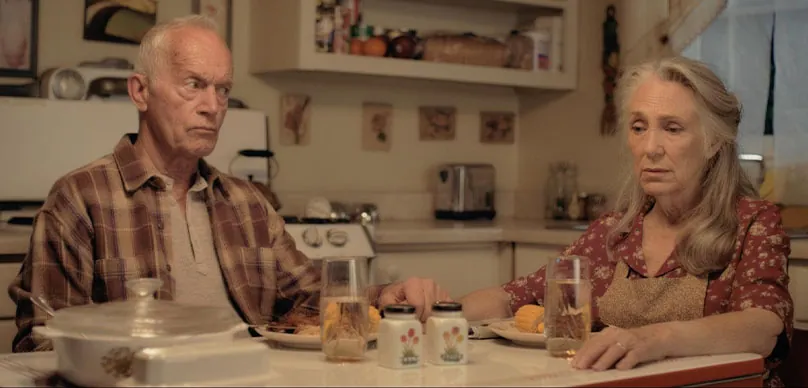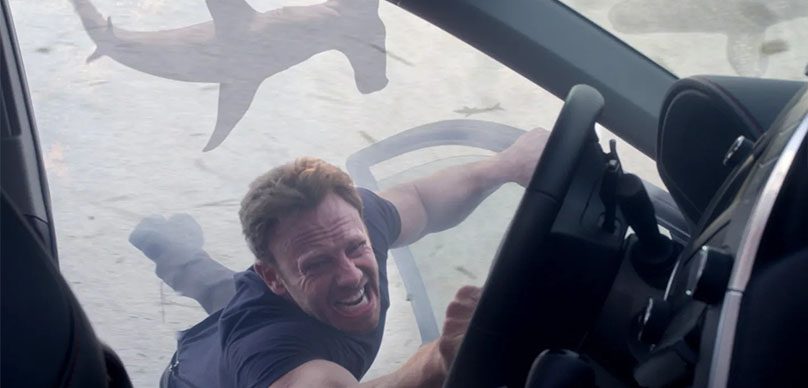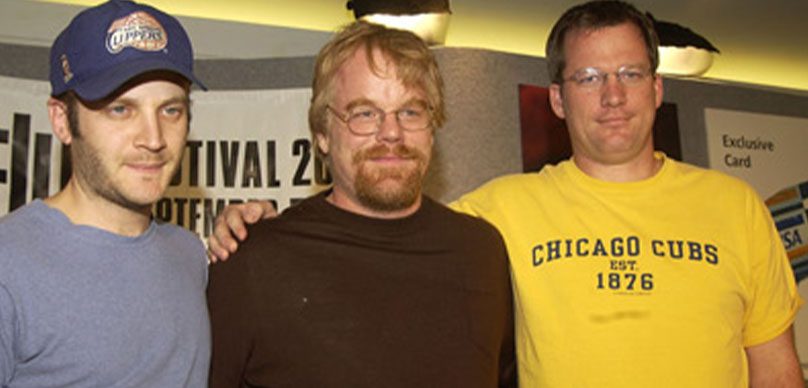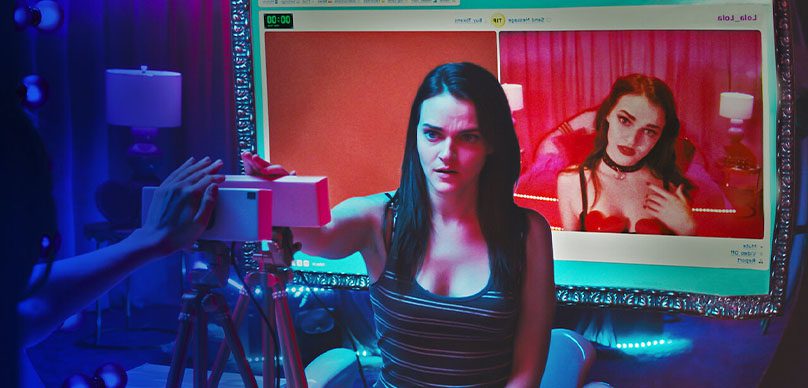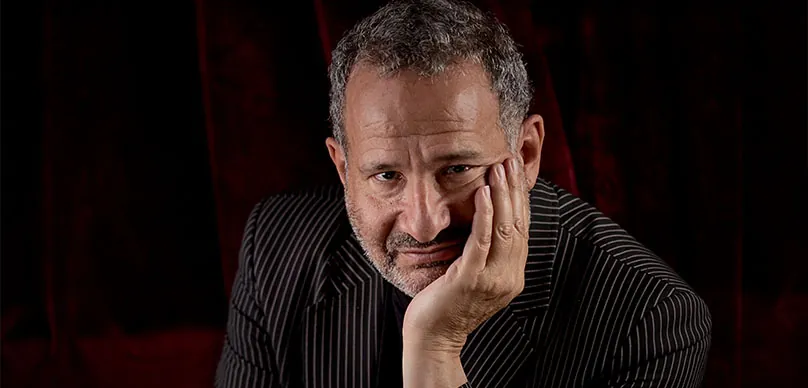The lights of Los Angeles flicker differently when you’re chasing stories instead of stars. On today’s episode, we welcome Nicole Jones-Dion, a screenwriter, director, and producer whose journey took her from the world of video games and comics into the unpredictable realm of filmmaking. Her work spans from co-writing Tekken 2 to crafting the supernatural thriller They Found Hell for the SyFy Channel, to directing her first feature film, Stasis.
Nicole’s creative path began in the interactive worlds of games and graphic novels, where storytelling was often bold, visual, and larger than life. That same sensibility carried over into her screenplays, which naturally gravitated toward sci-fi, horror, and action. With a love for genre storytelling, she found herself writing for projects that demanded both imagination and grit — Dracula epics, video game adaptations, and stories designed to thrill audiences while tapping into familiar myths.
What makes Nicole’s story remarkable is not only her resilience but her ability to adapt. Before breaking into films like Dracula: The Dark Prince, she had already written over fifteen spec scripts, proving that persistence is as essential as talent. Many of her earliest opportunities weren’t born from original pitches, but from being brought in to rework or refine existing scripts — a reality she stresses is the bulk of Hollywood writing. “If you’re writing for someone else, your job is to give them the best possible version of their idea,” she explained.
She also experimented with crowdfunding to bring her short film Debris to life. Originally seeking just $5,000, she raised nearly $20,000 — 330% over her goal. The film, centered on a cursed samurai sword that washes ashore after the Fukushima tsunami, struck a chord with audiences and festival juries alike. For Nicole, the campaign revealed the power of a strong concept: if the hook is intriguing, audiences will rally to see it made.
Her passion for character-driven storytelling shines in her approach to screenwriting. Nicole Jones Dion works from detailed outlines and insists on strong titles and character names before diving into pages. She draws from methods like Save the Cat and the mini-movie structure, blending them into her own system. For her, clarity in the outline stage prevents wasted effort later. She builds stories where protagonists and antagonists clash as equals, each the hero of their own narrative. “The antagonist is the engine of the whole story,” she noted, underscoring how much weight villains carry in shaping drama.
Nicole also cautions against soapbox storytelling, advocating instead for themes that pose questions rather than dictate answers. Whether tackling sci-fi adventures or occult horror, she wants stories to leave room for audiences to think and engage with the material. Her love for speculative fiction — tales that echo the spirit of The Twilight Zone — continues to guide her work, from her award-winning samurai scripts to the YA sci-fi of Stasis.
Through all of it, Nicole embodies the philosophy of persistence. She writes daily, often at night, and embraces the idea that growth never stops. Even after multiple films, she continues to study, refine her craft, and chase new challenges. From feature films to shorts, from crowdfunding campaigns to international distribution, her career is proof that genre filmmaking thrives on both discipline and passion.
Please enjoy my conversation with Nicole Jones-Dion.



